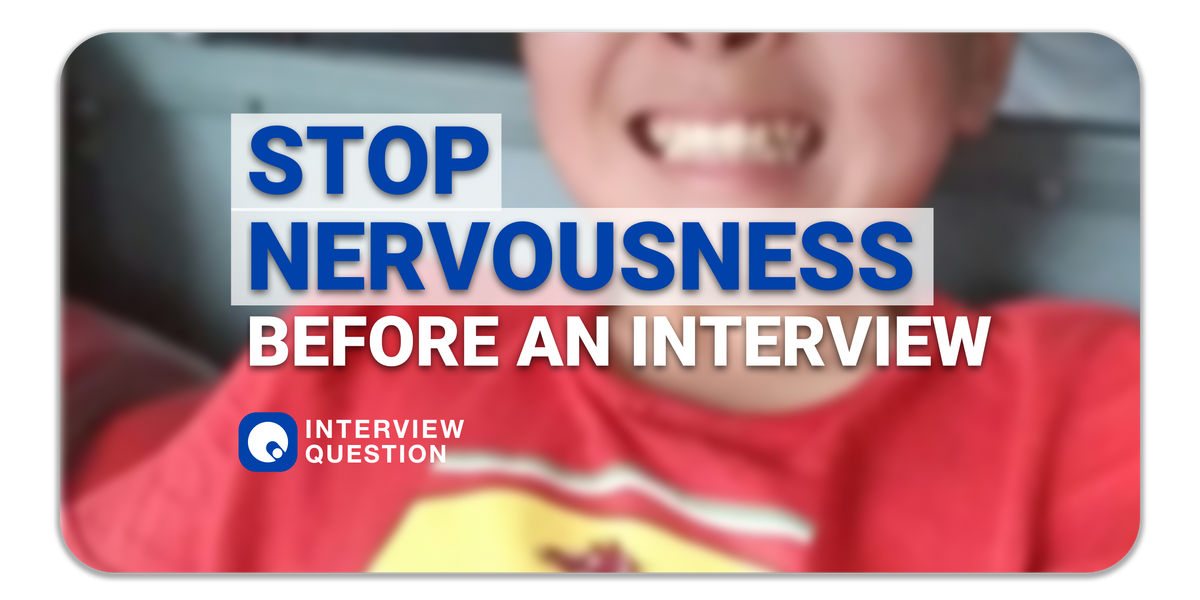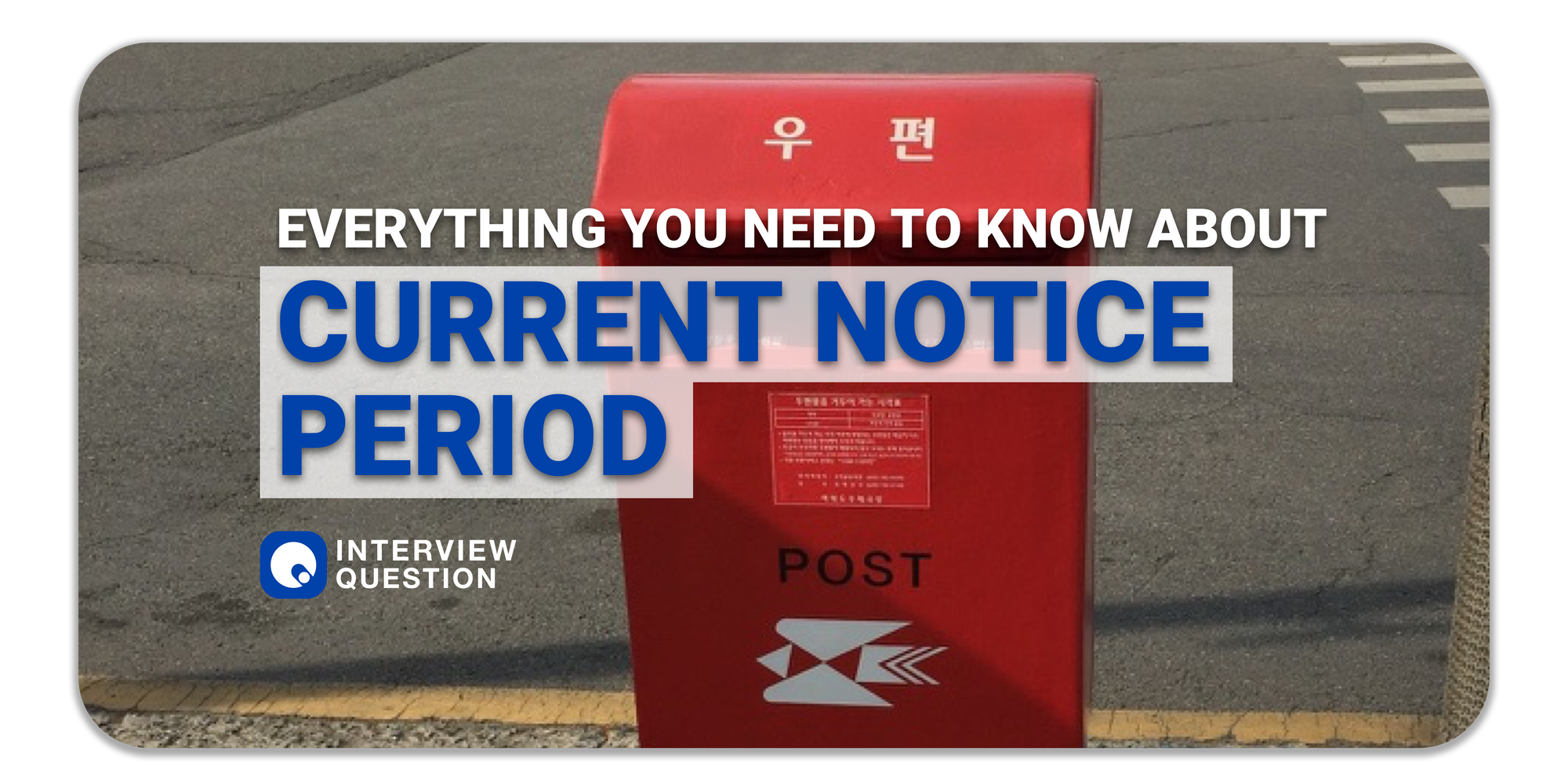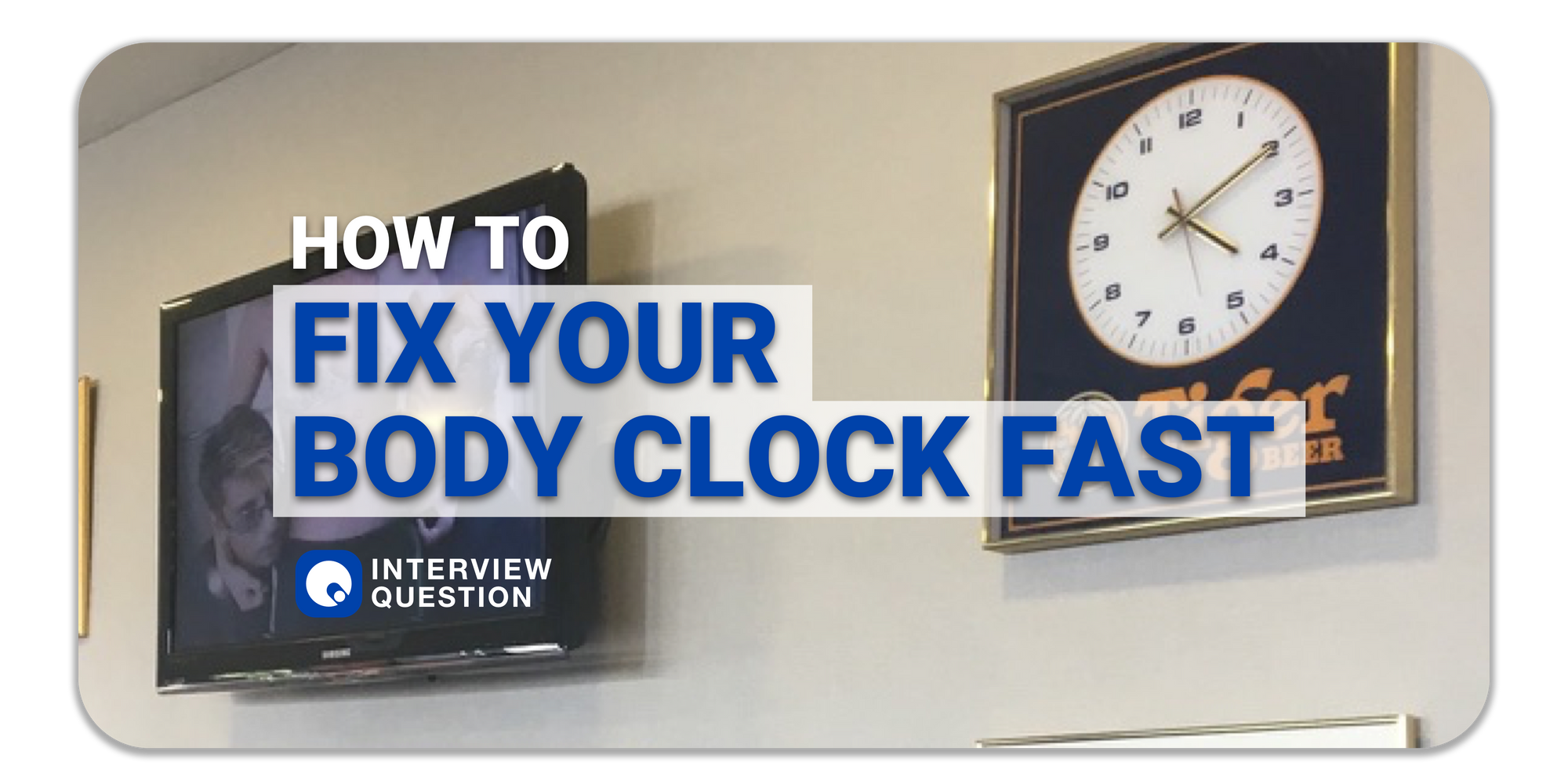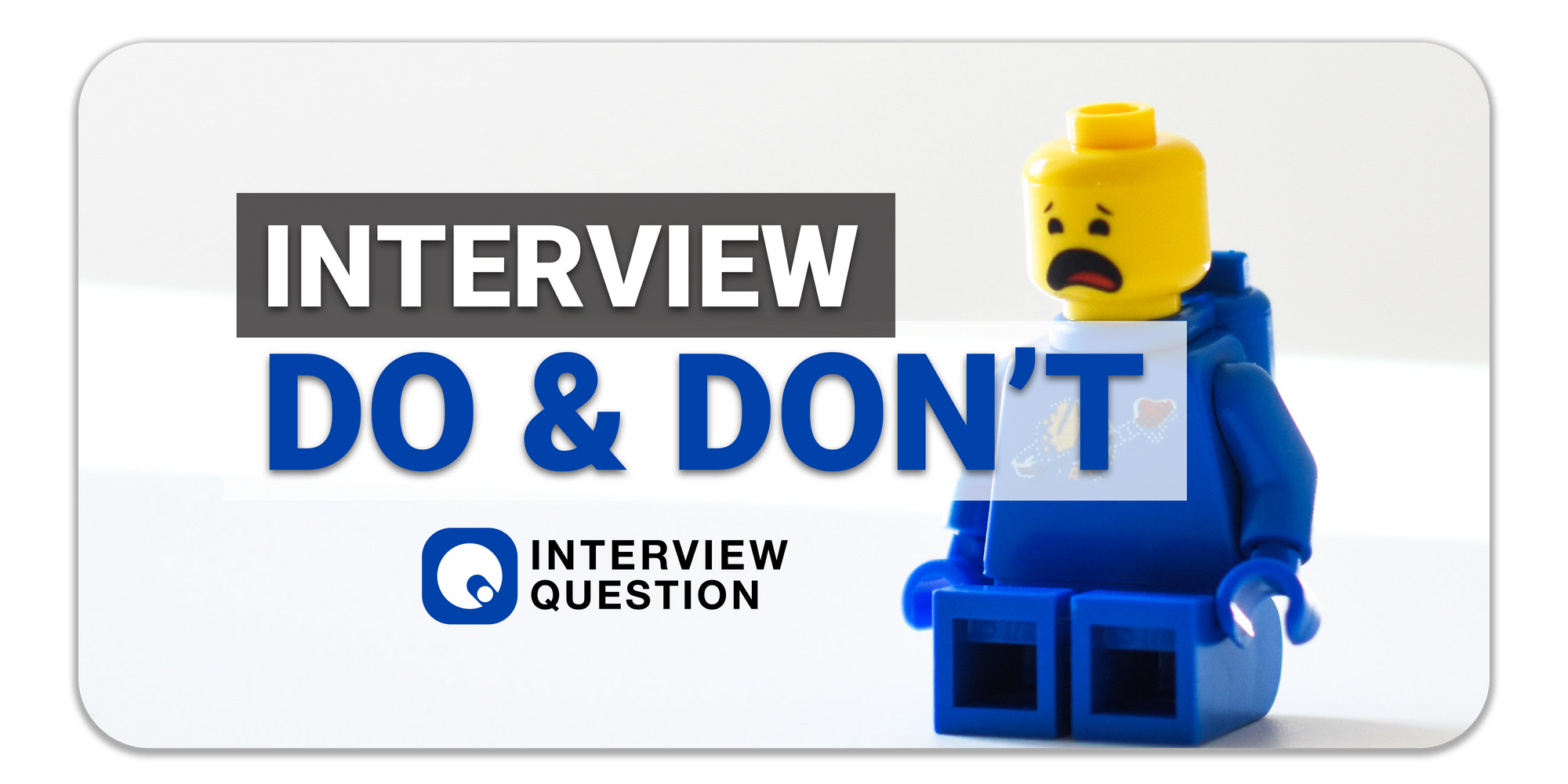How to quickly stop nervous & refocus before an interview
If you're like most people, interviews make you nervous. You worry about saying the wrong thing, or not impressing the interviewer. In this article, we'll show you how to stop feeling nervous before an interview, so you can go in with confidence and land the job you want.

As you prepare for an upcoming job interview, you may start feeling nervous. You are worried about how you’ll present yourself to the panel of interviewers. The last thing you want is to show your interviewer that you are nervous and uneasy, and then struggle with your own rehearsed performance in front of them.
Luckily, there are a few things you can do to lower your level of anxiety and relax before an interview. Here are some effective tips on how anyone can quickly stop their nervousness before an interview.
Energy from a good night’s sleep
One of the most effective ways to stop your nervousness before an interview is to make sure you have a good night’s sleep. Make sure you get plenty of rest so that you are well-rested and your mind is clear and focused in the morning.
While interviewing and applying for jobs, some candidates find part time jobs to find some income while serving their notice period.

Many ad-hoc positions pay well for work overnight, but when you finally land an interview for a "real" job, it is time to reset your body clock.
An imbalanced or inverted sleep cycle can cause you to lose concentration on interview day. You may say the wrong things. You could feel down and lifeless.

When your energy levels are high, it will help you calm down and make a positive impression on the people interviewing you. You should also drink plenty of water to keep yourself hydrated.
Exercise hours before an interview
Exercising regularly is a great way to relieve stress and anxiety. Research has shown that exercising daily can help prevent anxiety and depression. Exercises like running, walking, yoga, or even pilates are a great way to stay fit. At the same time, it helps you lower your anxiety levels before an interview and make your interview as easy as possible.
Doing exercise closer your scheduled interview timing helps you relax.
Floss teeth, scrub tongue and smell good before the interview
Before your interview, make sure you floss and remove any plaque from your teeth. Nasty food stains should be cleared in the toilet if you happen to eat before an interview (don't eat just before an interview!).
Furthermore, brush and clean your tongue with a mouthwash or a tongue scraper. If you are unsure about which mouth wash to use, try using Listerine as it is free of alcohol. If you have a bad breath, find out what the causes of bad breath are and fix them before the interview. This will help to reduce your level of anxiety during the interview process.
If you have an upcoming job interview and need to use public transport, be sure to spritz yourself with some cologne or perfume. Stop the stink. The scent also helps to subconsciously calm nerves and create confidence in yourself. It also increases your sense of smell because it gives you something nice to focus on to distract yourself from your nerves.
Breathe and meditate: thought control
First, take a moment and breathe. Be conscious of how you are feeling in the moment and how your body is reacting to the stress. It is important that you stay calm and collected during a job interview because it can determine whether or not you get the job. Once you have taken a deep breath, be mindful of your thoughts and focus on positive ones.
Many people recommend meditating before an interview to help ease their anxious minds. Meditation can also be helpful for beginners because it helps them focus on positive thoughts and lower levels of anxiety.
Wear a confident attitude like an Army General's badge of honour
One of the best things you can do to reduce your level of anxiety before an interview is to have a confident attitude. You need to be able to confidently answer questions that may be asked of you, such as why you think you would be a good fit for the job.
Keep your confidence high even if your personal or family troubles drag you down. Don't show it, don't reveal it, because an interviewer cannot ask you about your life outside work. Stick to the content about the role, job scope and how you are the best person for them to pick for this position. Don't even say sorry for being nervous, just regain confidence and continue the meeting. Go kick ass.
You need to show your interviewer that you are excited and confident about the future of your career. The more confident and excited you are, the better your chances are at being hired in the position they’ve offered you. So, put your best foot forward!
Interviewing skills training. Take classes. Be learned. Act right, speak well.
First, you should look into interviewing skills training. Many businesses offer these types of classes that can teach you how to properly answer questions during an interview. These courses are helpful. They prepare for the variety of possible questions you might be asked during an interview. It can make your experience much smoother and more comfortable.
Besides to this skill training, it is also important to work on your self-confidence (even if you are older and competing with a younger workforce). This includes practicing your answers ahead of time in front of the mirror. Also ask a friend or family member for feedback on your performance. You can practice answering potential interview questions both in person and over the phone as well if necessary.
Some great ways to build up your confidence include playing sports, doing research projects related to the position, or taking other jobs where you interact with people in order to make yourself more comfortable with the idea of being hired for a job interview. These helps you build confidence, prior knowledge and experience to be better prepared at answering the most common interview questions in a highly relevant manner.
Conclusion
These tips are a great place to start for anyone who is interviewing for their first job, but also for anyone who has the experience and the resume to be confident in the interview process.



